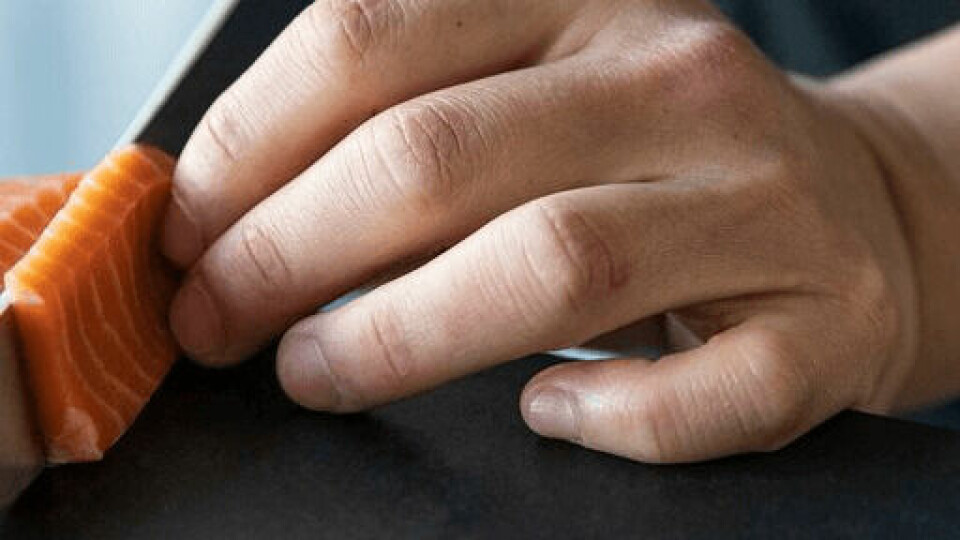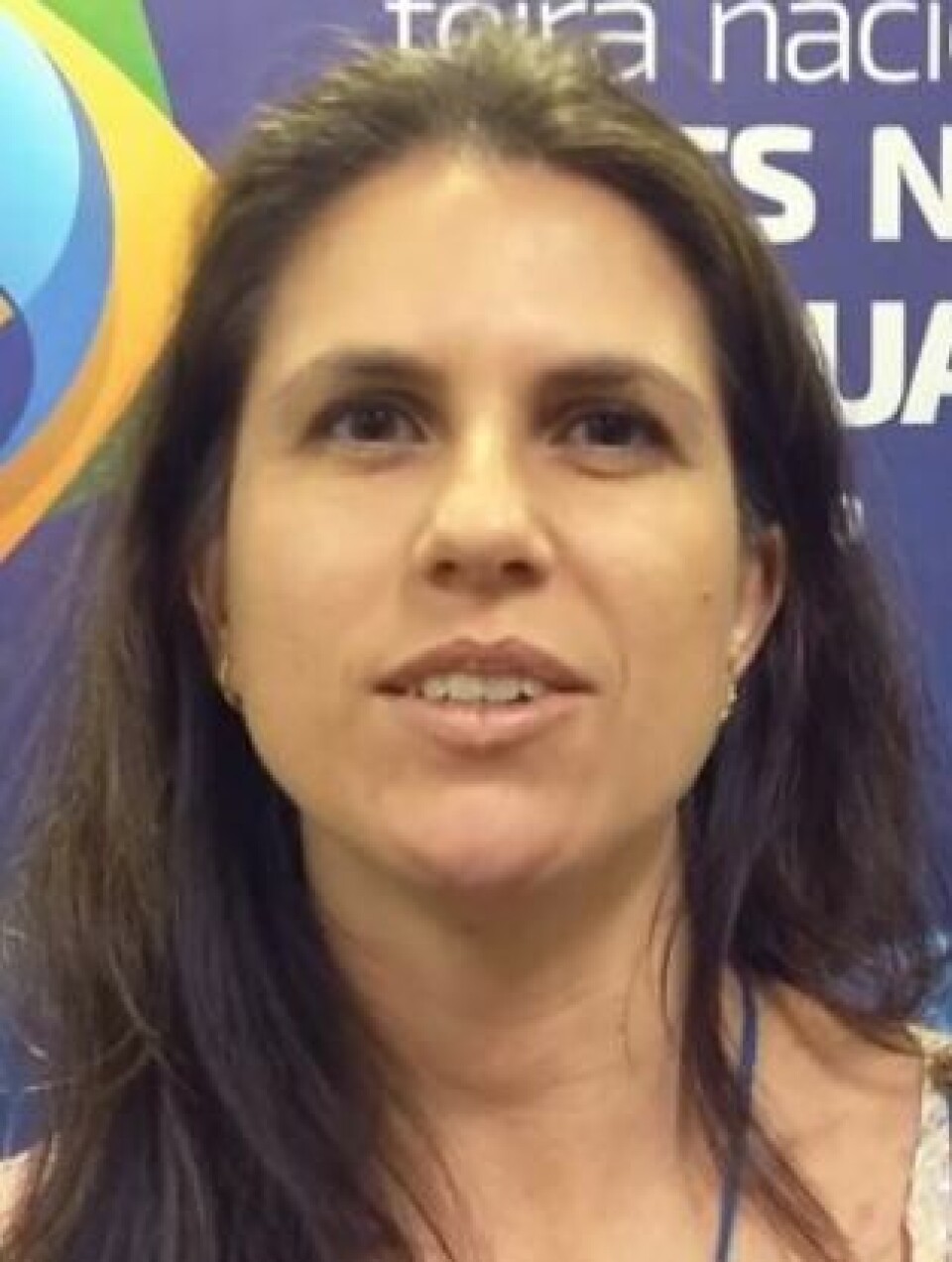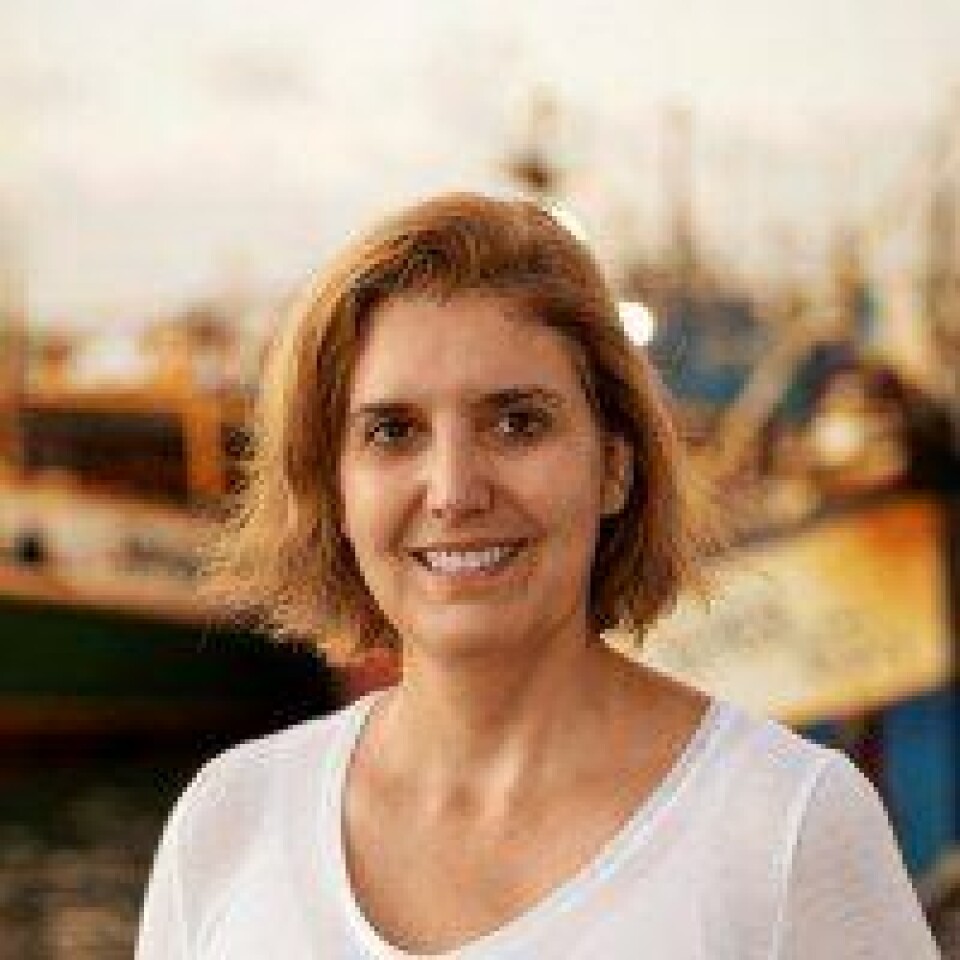
Alternative meat group funds bid to unlock secrets of salmon and shrimp
The Good Food Institute (GFI), a non-profit organisation promoting plant-based and cell-grown meat, has awarded a grant to researchers in Brazil who are working to characterise the properties of high-quality seafood in order to accelerate the production of alternative seafood products.
In an article on its website, GFI said that the pace of innovation is being limited by a lack of open-access knowledge regarding the parameters that define high-quality seafood.
The same limitations apply to academic researchers, who might produce a small sample of cultivated meat or seafood but lack the funding or other resources to thoroughly characterise its properties in comparison to its conventional counterpart.

‘Gold standard’
To help overcome this hurdle, GFI has awarded a grant to researchers at the Brazilian Agricultural Research Corporation (EMBRAPA), with Almirante Paulo Moreira Institute for Sea Studies as partner, to identify the characteristics of “gold standard” seafood products. Led by Dr Fabiola Fogaça, EMBRAPA’s team of researchers will collect quantitative data from shrimp and six finfish species - Atlantic salmon, bigeye tuna, yellowfin tuna, swordfish, grouper, and snook, which is also known as the sergeant fish or robalo.
Fogaça and her team’s work will be enabled by a partnership with São Paulo-based Fishtag, a supplier of conventional seafood with a strong focus on sustainability and traceability. By ensuring that the seafood samples characterised in this project are of known origin and of high quality and freshness, the partnership with Fishtag will further the goal of identifying what gold standard-quality seafood looks like.
GFI hopes the data produced from the project will make it easier for alternative seafood producers to choose a premium version of their chosen product as their target, “rather than your average grocery store fish fillet”.
It says that alternative seafood offers the promise of more consistent product quality than what is often possible with conventional seafood, and that choosing to mimic high quality seafood could therefore make the difference between consistently high quality and consistently average quality products.

A cell-based future
“My view is that the future of the food/protein industry will be cell-based, hopefully in 50 years, there will be no animals being killed for food,” said Verônica Ribeiro, Fishtag’s head of business development.
“We are thrilled to be part of this project and (are) hoping that the fish we provide will help plant-based and cell-based developers create delicious seafood.”
The data produced from the project will be made available to the community via GFI’s PISCES tool, which provides data on the characteristics of conventionally produced seafood in order to accelerate the development of alternative seafood. Up until now, PISCES has just been a place to gather existing information related to specific aquatic species in one place, however, there is still a great deal of important data that isn’t yet publicly available or doesn’t yet exist.
Expanded database
The project data will expand the database, adding information on colour and pH measurements, histology of muscle tissue, gas chromatography/mass spectrometry to measure volatile compounds that contribute to aroma, instrumental texture measurements, measurements of several aspects of protein functionality, and more.
Alternative seafood developers will be able to visit PISCES to answer questions such as: How wide are the muscle fibres in Atlantic salmon? What about the distribution of fat cells in swordfish? How does yellowfin tuna muscle react when compressed?
“These aspects will form the basis for the development of future plant-based and cultivated seafood products,” said Fogaça.






















































